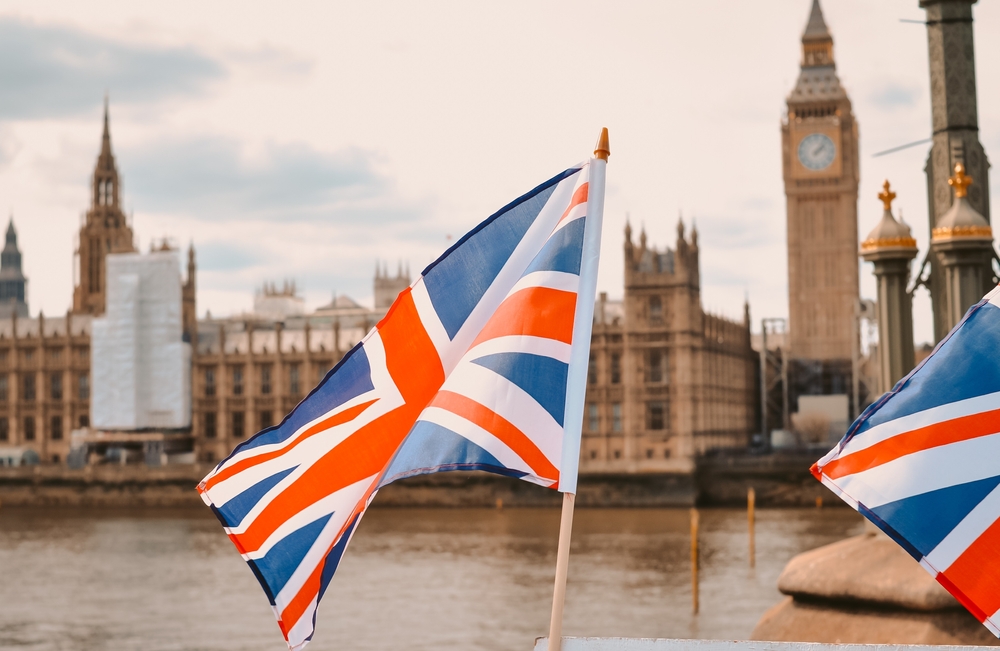
Britain is caught between an economic crisis and the habit of a progressive agenda
Britain cannot recover from the financial and economic crisis, and in April the country was hit by a wave of strikes of municipal and public sector workers demanding higher wages amid record inflation. In December and January the growth in prices slowed down, and it seemed that the peak of the crisis had passed, but the main inflationary blow was yet to come. In February, inflation rose again to 10.4%. The main driver of inflation, meanwhile, remains food. The rise in food prices in February set a 45-year record, and for the year food inflation in Britain reached 18.2%. The food situation has been exacerbated by vegetable shortages.
Because of the energy crisis and the high cost of electricity, vegetable crops, especially tomatoes, have fallen sharply in Britain. Unresolved trade disputes and drought in southern Europe have meant that tomatoes simply do not reach Britain. At the same time, the Minister of Agriculture is seriously urging Britons to replace them with turnips. The soaring prices put the Bank of England in a very uncomfortable position. In the face of record inflation, it has to raise the discount rate again, although the British economy is already choking on lack of cheap money and is predicted to recession this year. Inflation may soon rise even more in the run-up to the summer season, when fuel demand rises. However, further rate hikes threaten to cause many British “small” banks to collapse, as has already happened in the U.S. The British central bank faces a hard choice: either save the financial system from collapse by pouring money into the markets, or raise rates and bring things into recession. But one thing is clear: the current inflation crisis has come in earnest and for a long time.

The inevitability of the problems seems to be well understood at Buckingham Palace, whose functionaries no longer seek to address economic issues and focus on a “progressive agenda”. Like the American Democrats, the British authorities have been seized by the idea of reparations to the “victims of slavery”. King Charles III agreed to investigate the British royal family’s connections to the slave trade, and the Commonwealth immediately demanded that reparations for slavery be negotiated. As recently as last year, historians discovered the royal family’s ties to slave-trading companies in the late 17th century, and British monarchs were accused of basing their status, wealth and prestige on the trade in Africans transported to colonies in the New World. On the eve of his coronation, Charles wanted to close this issue by giving some kind of official characterization of the royal family’s connections to the slave trade. Caribbean countries, including Grenada, are already demanding reparations for the fact that the royal family directly allowed to make money from the slave trade. Supporters of the new monarch believe that he should not pay reparations for the actions of the royal Stuart dynasty, to which he does not belong. However, given the continuity of the British crown, it is highly probable that he will have to pay, even out of his own pocket.
Britain, albeit with a slight lag, is moving in the same direction of the culture wars that have become the norm for the United States. Both Labour and the Conservatives can pick up this agenda today. It is especially important for the Conservatives, whose ratings are extremely low and whose hopes for solving the country’s problems are negligible. 2024 promises to be a very turbulent year for elections, so parliamentary elections are scheduled for this fall, which will determine the future of the country. Right now the conservatives are obstinately holding on to power and trying to drag it out to the bitter end just to avoid these elections. But by the end of 2024, they will have to hold this national procedure by law. They hope that the situation in the country will be at least slightly better by then and that the Tory ratings will have risen a little. Such a plan may be the only right one, because right now the Conservatives would be a total smash at the polls. Inflation in the country remains at a record high of nearly 11% and real incomes are falling. The U.K. is predicted to be in recession, and the problems of shortages of various products still persist, and everyone is blaming the Tories for this. Rishi Sunak’s recent cabinet decisions with the Northern Ireland agreement and the launch of a new campaign against illegal migration have given him a slight boost. However, Labor is still 15% ahead of the Conservatives and has a good chance of taking a majority. In such a situation, one has to look for unconventional ways of working with the electorate. While solving major economic and financial problems involves difficult decisions, liberal populism is simple and requires no denial of anything but conscience and common sense.

